The truths of religion are never so well understood as by those who have lost the power of reason
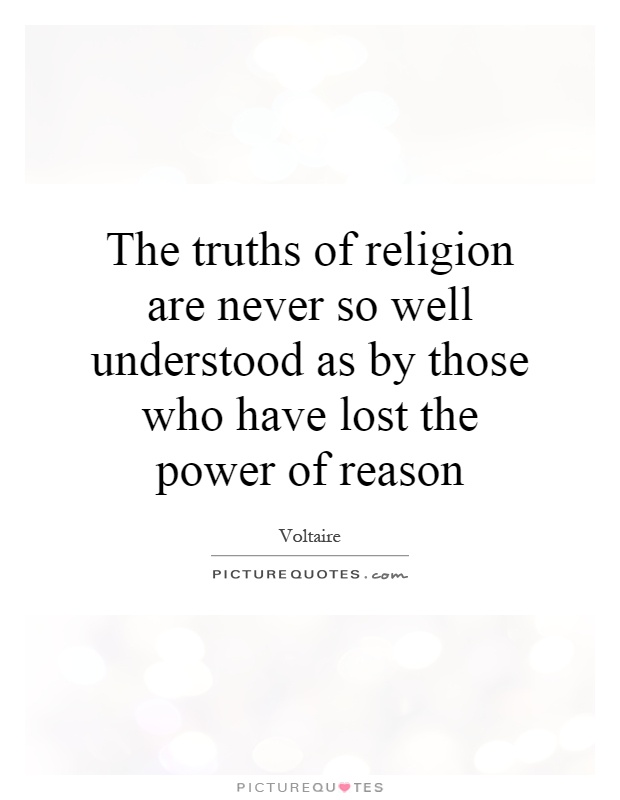
The truths of religion are never so well understood as by those who have lost the power of reason
Voltaire, the renowned French philosopher and writer of the Enlightenment period, was known for his sharp wit and criticism of organized religion. He was a staunch advocate for reason and rationality, often challenging the dogmas and superstitions of the Catholic Church. In his works, Voltaire frequently explored the relationship between faith and reason, questioning the validity of religious beliefs in the face of scientific inquiry.The statement, “The truths of religion are never so well understood as by those who have lost the power of reason,” can be interpreted in various ways in the context of Voltaire’s philosophy. On one hand, it could be seen as a critique of blind faith and the dangers of unquestioning belief. Voltaire believed that true understanding of religious truths could only be achieved through critical thinking and rational analysis. Those who abandon reason in favor of blind faith are susceptible to manipulation and deception by religious authorities.
Voltaire himself was a vocal critic of religious intolerance and persecution, particularly by the Catholic Church. He believed that the power of reason was essential in challenging oppressive religious institutions and promoting freedom of thought. In his famous work, “Candide,” Voltaire satirized the absurdity of religious fanaticism and the hypocrisy of those who claim to possess absolute truths.
However, it is important to note that Voltaire was not necessarily advocating for atheism or the rejection of all religious beliefs. Instead, he believed in the importance of individual conscience and the right to question and challenge established doctrines. Voltaire’s own views on religion were complex and nuanced, reflecting his belief in the value of moral and ethical principles derived from religious teachings.

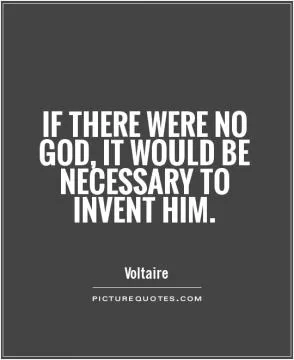

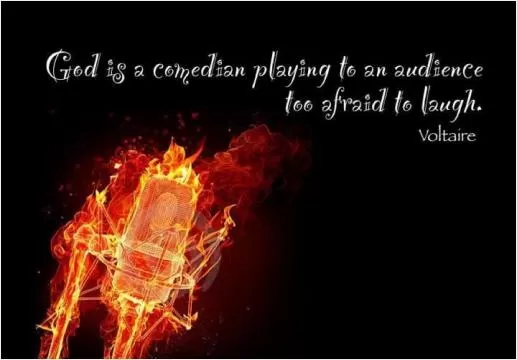



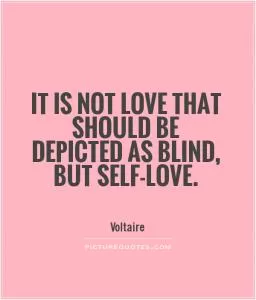
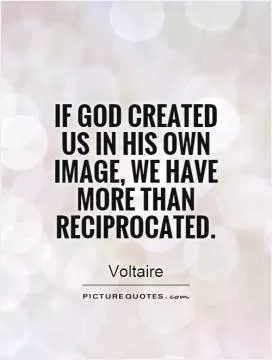
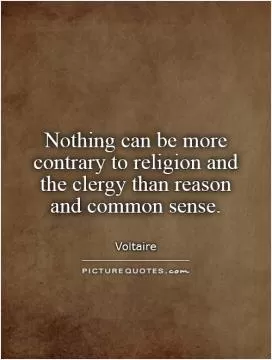
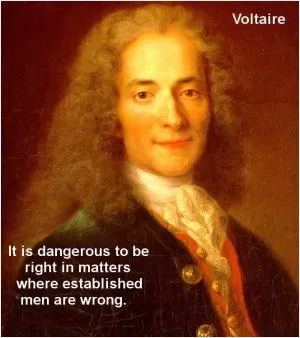
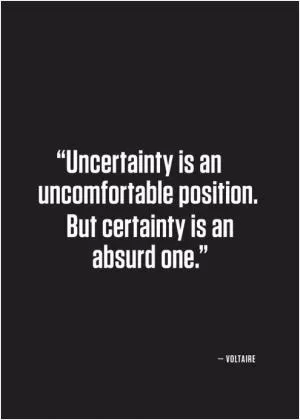
 Friendship Quotes
Friendship Quotes Love Quotes
Love Quotes Life Quotes
Life Quotes Funny Quotes
Funny Quotes Motivational Quotes
Motivational Quotes Inspirational Quotes
Inspirational Quotes